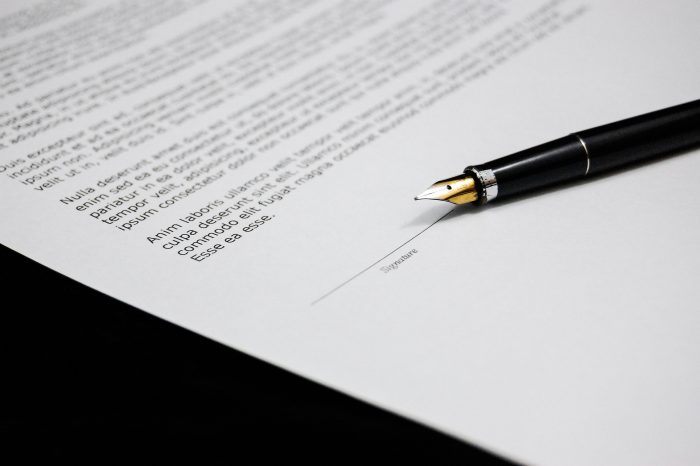The phenomenon of trademark infringement may take the form of infringement of the right to an internet domain. Depending on how an internet domain is registered, the following types of infringement may be distinguished: cybersquatting, typosquatting and domain grabbing.
Definitions of each can be found in the judgment of the Court of Appeal in Warsaw of 7.5.2015, I ACa 1557/14.
„cybersquatting consists in the intentional registration of several or more internet domains containing someone else’s reputable trademarks or elements thereof for the sole purpose of later reselling them to the owners of the used designations or their competitors.
Typosquatting is the registration and use of internet domains that contain similar trademarks or those with a slight difference in spelling, writing or punctuation by persons who are not authorised to use those trademarks. This phenomenon is based on the assumption that internet users relatively often make mistakes when typing web addresses.”
The doctrine also distinguishes „domain grabbing”. It consists in registration of internet domain names that refer to specific products, but are not protected by trademarks.
However, not every act of registering an internet domain to use its distinctive name is an infringement. The Arbitration Court for internet Domains at the Polish Chamber of Information Technology and Telecommunications was established to fight infringements of the right to internet domains. Its case law is helpful in determining the limits of permissible and impermissible actions. This court in Case 51/11/PA, for example, indicated that:
„Merely blocking the disputed domain [maintaining the domain registration and taking no other action] does not constitute the tort of unfair competition.
The mere registration of popular expressions as internet domains, even with a view to their subsequent resale, provided that it does not infringe the rights of third parties, cannot be classified as a tort, even if the acquisition of such a domain is in the interest of other entities.The mere fact of registering an internet domain containing a name or expression that is well-known or used by entities operating in the industry concerned, even with a view to subsequently selling such a domain at a profit, can hardly be regarded as reprehensible. As long as such action from the very beginning is not dictated by preying on someone else’s reputation and does not constitute an obvious encroachment on the rights of another entity, it cannot be ascribed the features of an action contrary to law or morality.”








